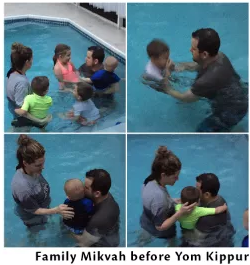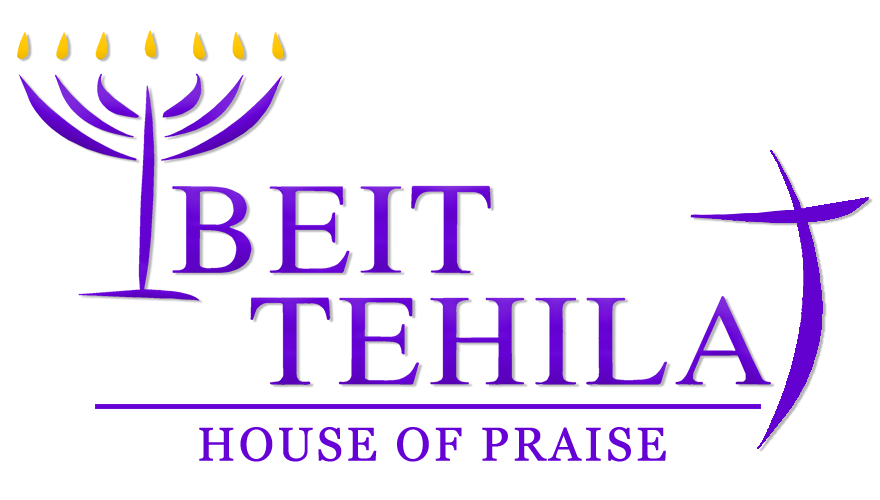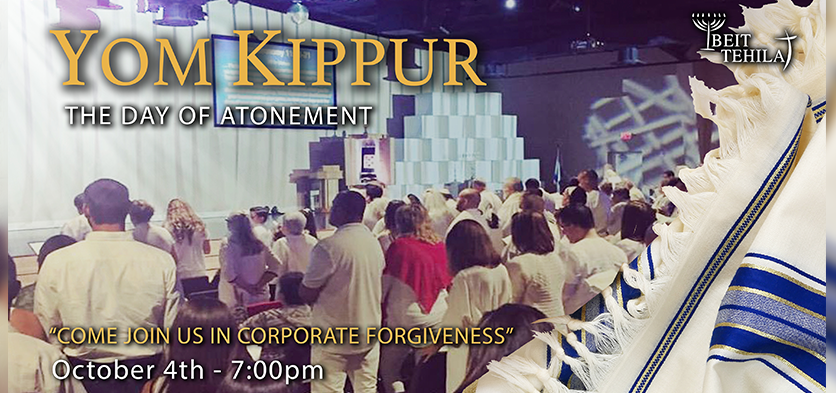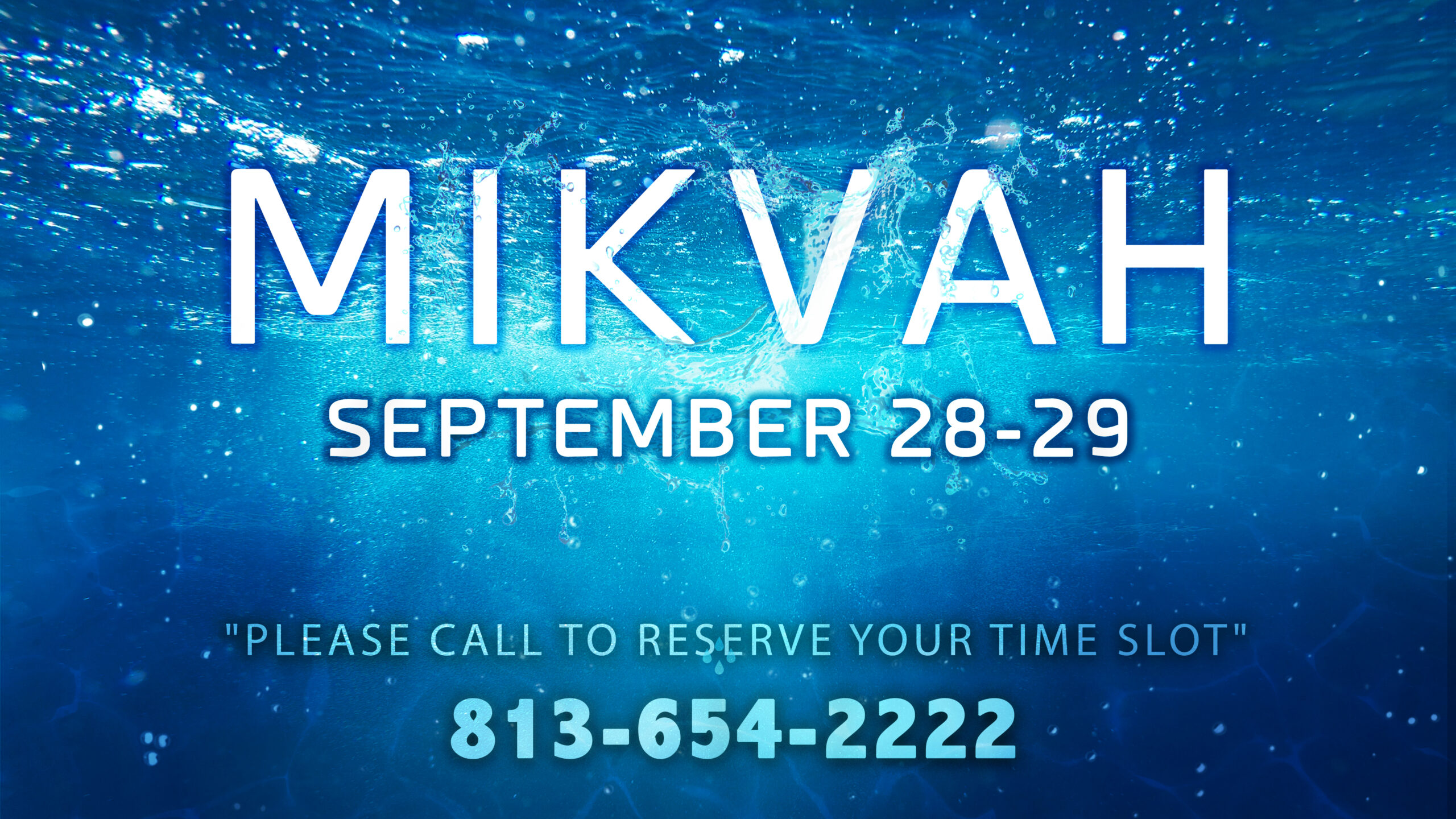October 4th – 7:00pm
In just a short amount of time, we will be closing out the days of Teshuva (returning to Yah) on a personal level and entering into Yom Kippur (day of Atonement) on a corporate level. According to scripture, we are instructed to have a holy convocation as the whole community gathers together in repentance to Yahweh!
We invite you to come and participate with us in a Kol Nidre Service (the closing of the gates).
The celebration of Yom Kippur is for the New Covenant believers.
26 The Lord spoke to Moses, saying, 27 “On exactly the tenth day of this seventh month is the day of atonement; it shall be a holy convocation for you, and you shall humble your souls and present an offering by fire to the Lord. 28 You shall not do any work on this same day, for it is a day of atonement, to make atonement on your behalf before the Lord your God. – Leviticus 16:26-28
29 “This shall be a permanent statute for you: in the seventh month, on the tenth day of the month, you shall humble your souls and not do any work, whether the native, or the alien who sojourns among you; 30 for it is on this day that atonement shall be made for you to cleanse you; you will be clean from all your sins before the Lord. – Leviticus 16:29-30
The Day of Atonement God instructed us to:
1.) Have a Holy Convocation (assembly)
2.) Humble your souls (fast day)
3.) No work (your job)
4.) The native or Alien (you don’t have to be Jewish)
5.) Bring an Offering (of repentance)
6.) Permanent Statue (it’s forever)
7.) Time of Cleansing (from sin)
There are six Names, Themes, and Idioms of this feast day:
1.) Yom Kippur (the day of Atonement)
2.) Face to Face
3.) The Day (or the Great Day)
4.) The Fast
5.) The Great Shofar (Shofar HaGadol)
6.) Neilah (Closing of the gates)
The Old Covenant instructions for celebrating Yom Kippur (Day of Atonement) is a shadow picture of what was to come, and will be fulfilled through Yeshua. You can find this explanation of fulfillment in Hebrews chapters 7-10. From a messianic understanding, Yeshua is our High Priest, He is the atonement and it’s only through His shed blood can we participate (rehearse) this holy convocation. We are instructed in Hebrews 4:16, and it is alluding to the Day of Atonement, as New Covenant believers we are to…draw near with confidence to the throne of grace, so that we may receive mercy and find grace to help in time of need.
The early believers started not to gather on this most holy day, most probable because of the persecution that they were enduring from the unbelieving Jews. But the Apostle Paul was encouraging them to not forsake the assembling of this great day of Atonement (or any feast day for that matter) according to…
Therefore, brethren, since we have confidence to enter the holy place by the blood of Yeshua, 20 by a new and living way which He inaugurated for us through the veil, that is, His flesh, 21 and since we have a great priest over the house of God, 22 let us draw near with a sincere heart in full assurance of faith, having our hearts sprinkled clean from an evil conscience and our bodies washed with pure water. 23 Let us hold fast the confession of our hope without wavering, for He who promised is faithful; 24 and let us consider how to stimulate one another to love and good deeds, 25 not forsaking our own assembling together, as is the habit of some, but encouraging one another; and all the more as you see the day drawing near. – Hebrews 10:19
This day has not yet come to its complete fulfillment yet, but it is drawing near! Join with us and draw near to the throne of grace!
Yom Kippur, the Day of Atonement, is the holiest and most somber day of the biblical calendar. Yom Kippur concludes the Ten Days of Awe that begin with Rosh Hashanah (the Jewish New Year). Like Rosh Hashanah, Yom Kippur is a prospective holiday, when we prepare for the year ahead through fasting, penitence and confession.
God established a Day of Atonement in Leviticus, setting down rules for it in two instances actually (Leviticus 16:29 and Leviticus 23:27)-an indication of the holiday’s profound importance. God tells Moses in the first of these passages:
29 And this shall be a statute for ever unto you: that in the seventh month, on the tenth day of the month, ye shall afflict your souls, and do no work at all, whether it be one of your own country, or a stranger that so journeth among you: 30 For on that day shall the priest make an atonement for you, to cleanse you, that ye may be clean from all your sins before the Lord. 31 It shall be a sabbath of rest unto you, and ye shall afflict your souls, by a statute for ever. 32 And the priest, whom he shall anoint, and whom he shall consecrate to minister in the priest’s office in his father’s stead, shall make the atonement, and shall put on the linen clothes, even the holy garments: 33 And he shall make an atonement for the holy sanctuary, and he shall make an atonement for the tabernacle of the congregation, and for the altar, and he shall make an atonement for the priests, and for all the people of the congregation. 34 And this shall be an everlasting statute unto you, to make an atonement for the children of Israel for all their sins once a year. And he did as the Lord commanded Moses. – Leviticus 16:29 – KJV
Believers spend the Days of Awe that fall between Rosh Hashanah and Yom Kippur making amends with their fellow man, so that they enter Yom Kippur in a spirit of reconciliation and atonement for past wrongs. We learn in the Scriptures that we must be in right relation with our neighbors if we are to love the Lord our God-the two go hand in hand.
The day of Yom Kippur itself is observed by abstaining from work and practicing self-denial, as mandated in Leviticus. According to tradition, Yom Kippur falls on the day Moses brought down the second set of Sacred Tablets of the Ten Commandments, the first set of which he had destroyed, and the repentant Israelites were absolved of their great sin: worshipping the Golden Calf.
It is customary for believers to go to the Mikvah, or ritual bath, for cleansing on the day before Yom Kippur.
 We can find ceremonial cleansing when the priests would wash their hands and feet before serving in the Tabernacle or temple (Exodus 30:19). In Leviticus 16:24 it says, “And he shall wash his flesh with water in the holy place, and put on his garments, and come forth, and offer his burnt offering of the people and make an atonement for himself, and for the people;” This is a reference of the high priest on the day of Yom Kippur (Atonement) practicing ceremonial cleansing. Yeshua is our high priest and we still need to come together and ask for corporate forgiveness on the Day of Yom Kippur (Atonement). Don’t forget that John the Baptist was also called John the immerser and he was teaching a message of repentance. He followed up his message by performing mikvahs for those that wanted to repent. In Hebrews 10:22 it says, “Let us draw near with a true heart in full assurance of faith, having our hearts sprinkled from an evil conscience, and our bodies washed with pure water.”
We can find ceremonial cleansing when the priests would wash their hands and feet before serving in the Tabernacle or temple (Exodus 30:19). In Leviticus 16:24 it says, “And he shall wash his flesh with water in the holy place, and put on his garments, and come forth, and offer his burnt offering of the people and make an atonement for himself, and for the people;” This is a reference of the high priest on the day of Yom Kippur (Atonement) practicing ceremonial cleansing. Yeshua is our high priest and we still need to come together and ask for corporate forgiveness on the Day of Yom Kippur (Atonement). Don’t forget that John the Baptist was also called John the immerser and he was teaching a message of repentance. He followed up his message by performing mikvahs for those that wanted to repent. In Hebrews 10:22 it says, “Let us draw near with a true heart in full assurance of faith, having our hearts sprinkled from an evil conscience, and our bodies washed with pure water.” We encourage you to come and join us for this year’s Yom Kippur service. If you feel the water calling you would like to reserve your Mikvah time, please give our office a call at 813-654-2222.
We are located at 1705 Lithia Pinecrest Rd. Brandon FL. 33511.
It will also be live-streamed at our website – https://topraise.net/watch-us-live


